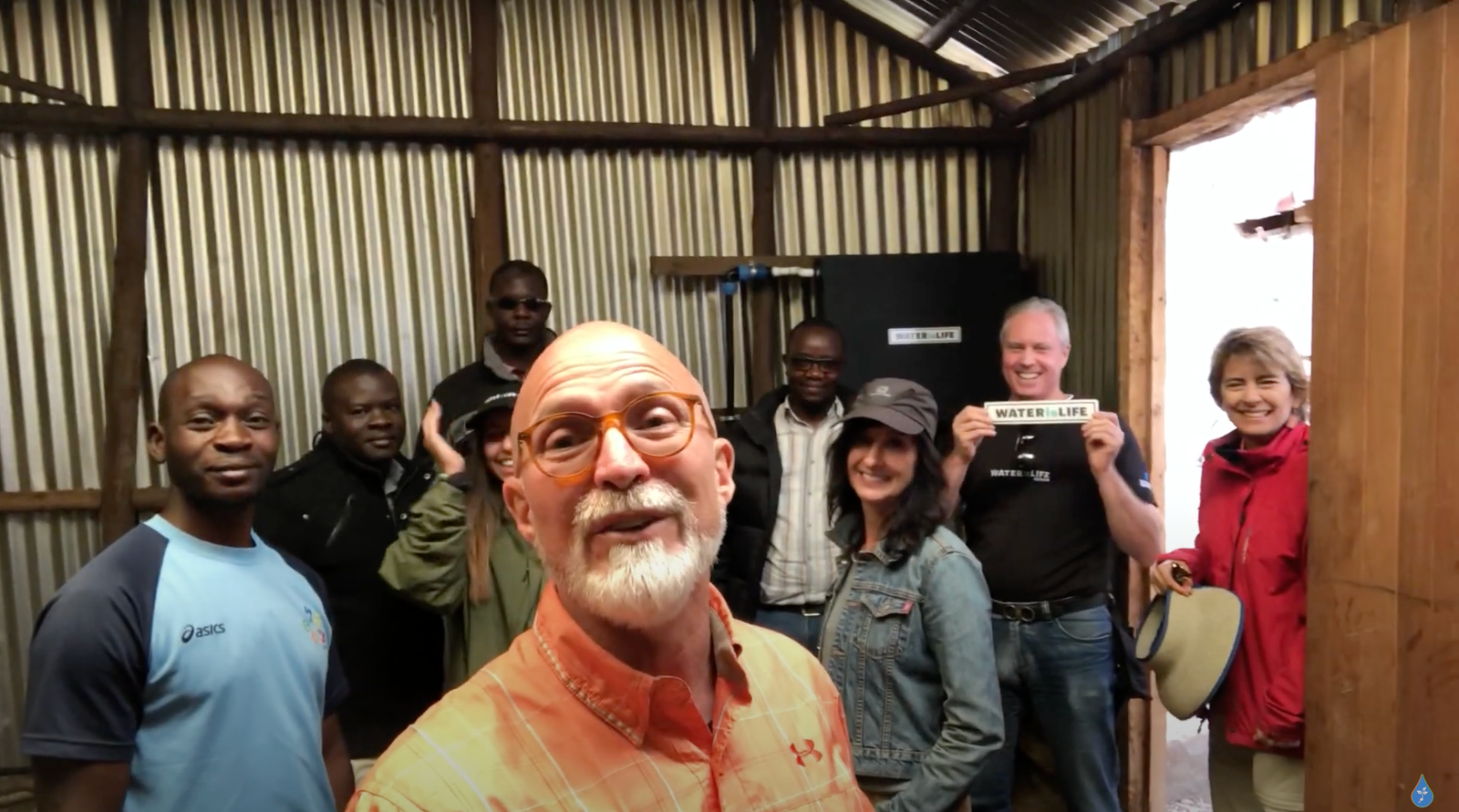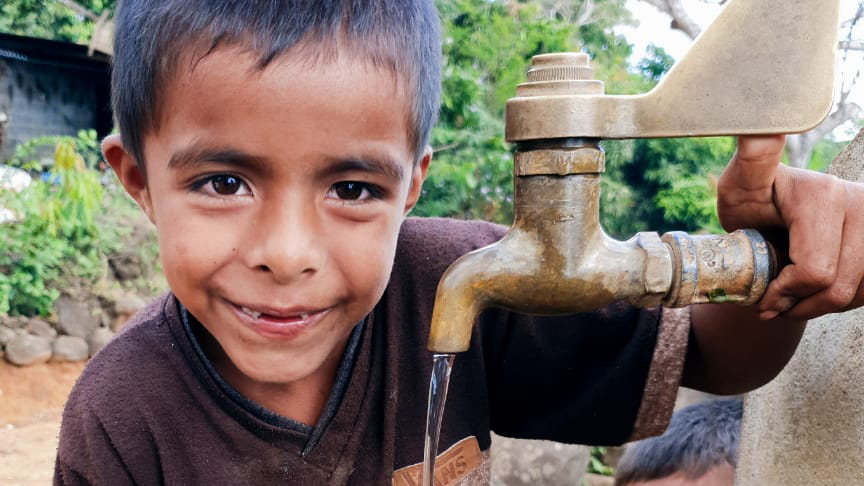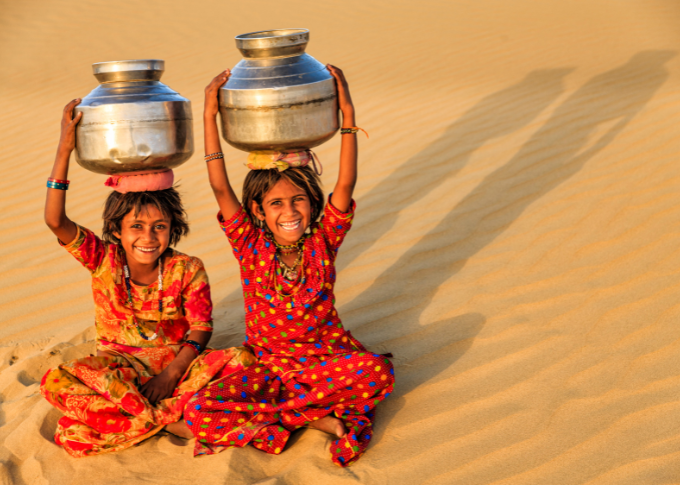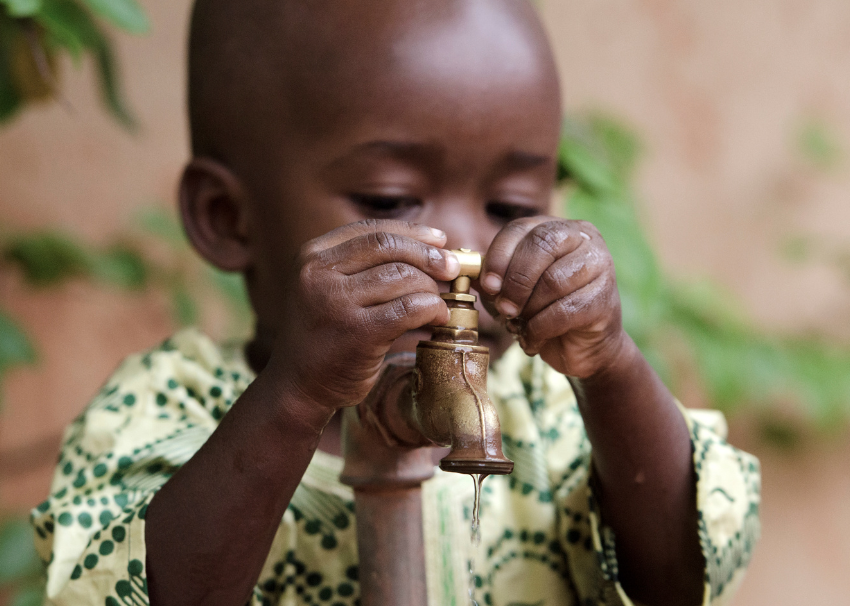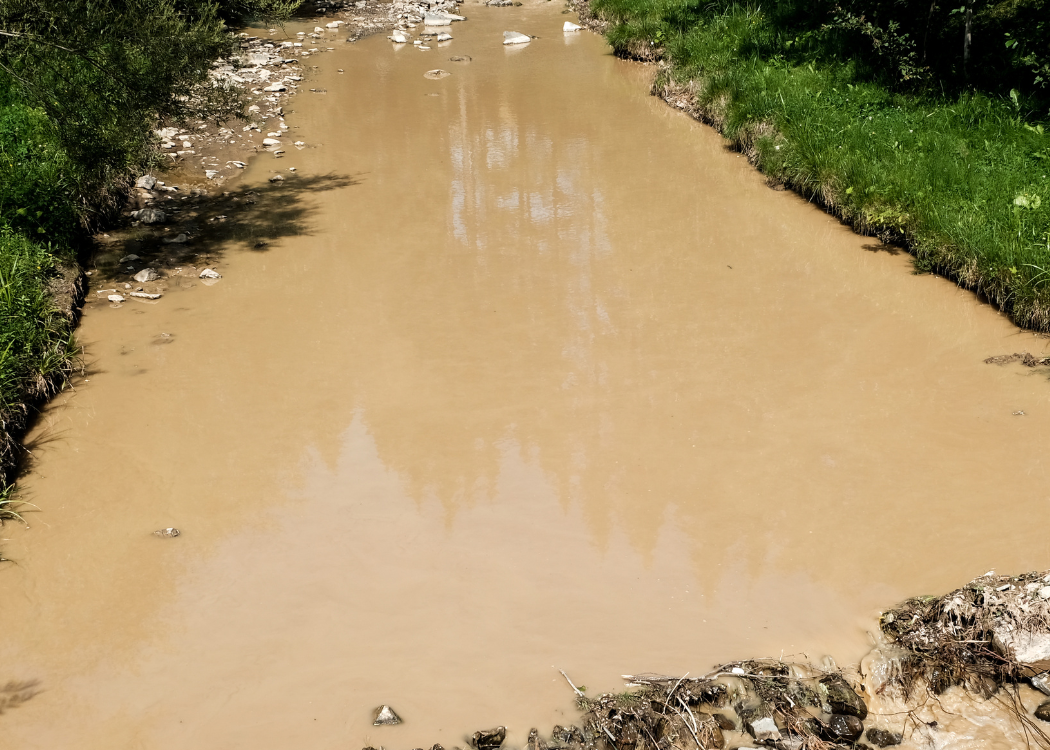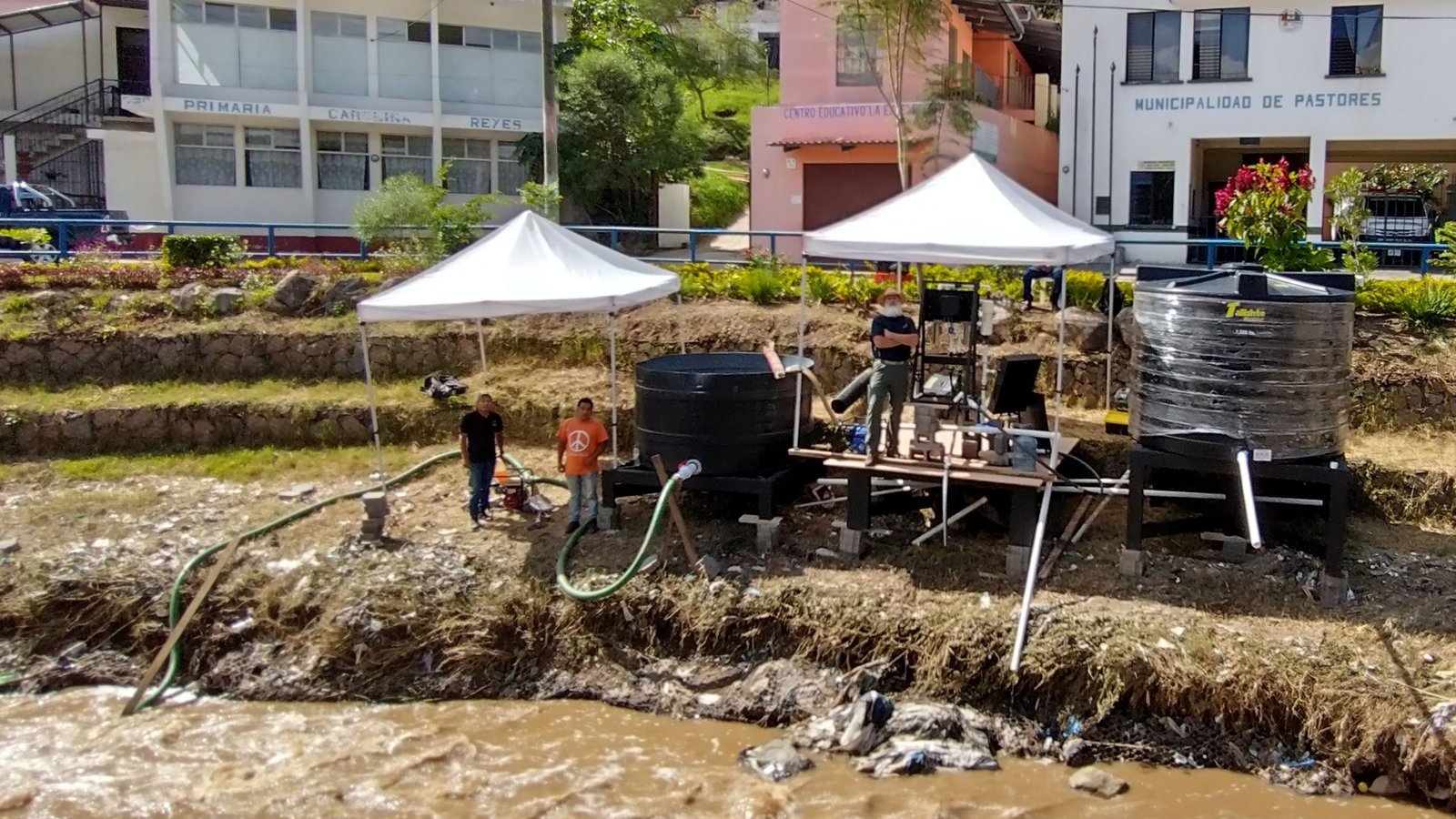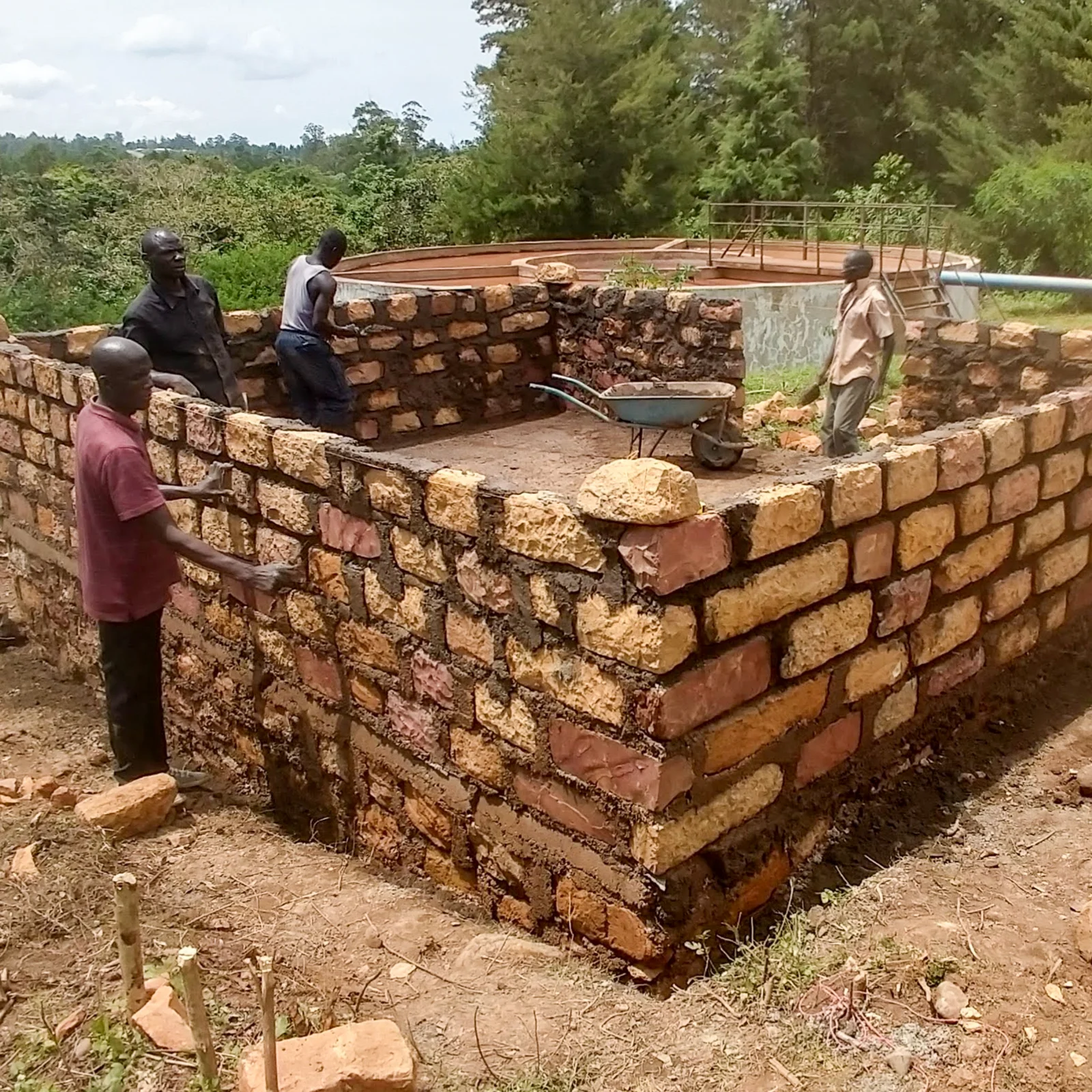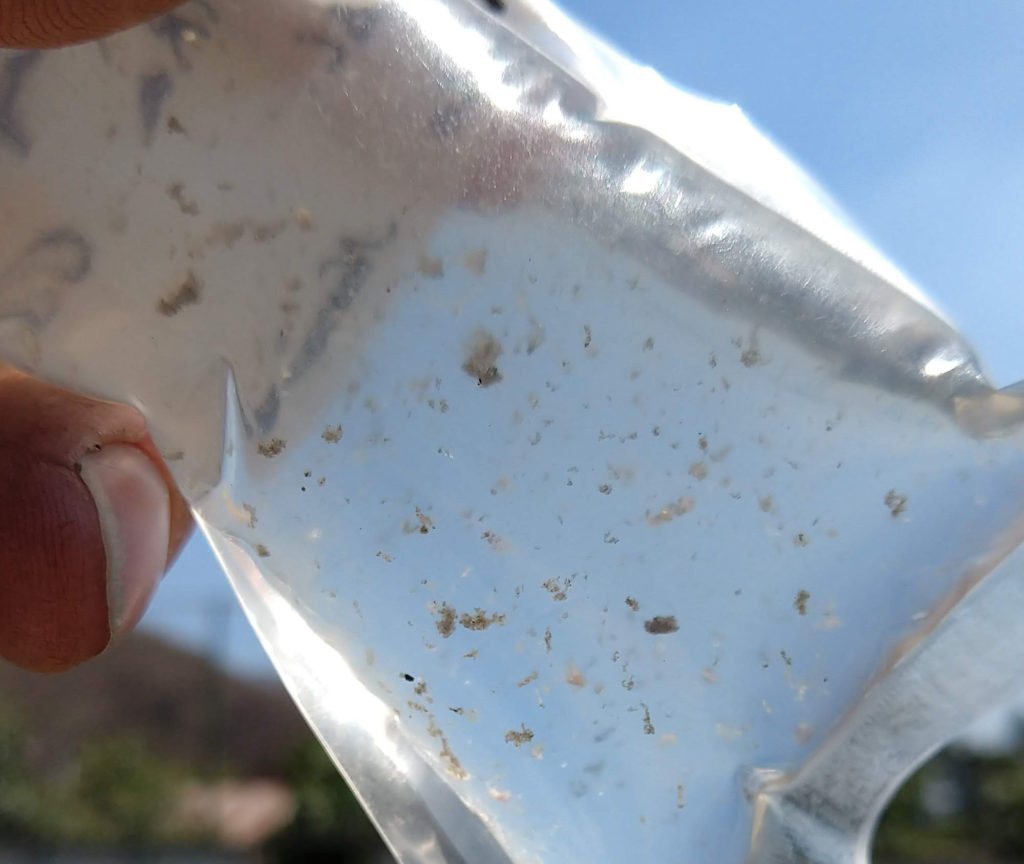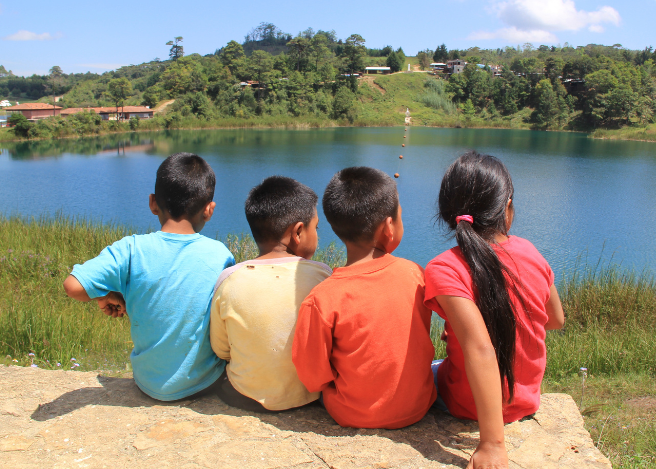
We are a clean water organization dedicated to providing safe and drinkable water worldwide
Learn MoreJoin our mission to ensure clean, drinkable water is available for all
Donate TodayCheck out our innovative theBlackBox Series water filtration products that helps remove harmful contaminants
Shop Filters & KitsWho We Are
Welcome to BetterThings. We are a clean water organization dedicated to providing safe and drinkable water worldwide via sustainable water filtration systems.
Safe and accessible water is a basic human right, regardless of geographical location and economic status.
Our goal is to resolve the global water crisis through sustainable water filtration systems. But we can’t do it alone. Together, we can make a significant impact in bringing hope and health to communities worldwide by eliminating harmful water with long-lasting solutions.
Our Projects
Learn more about our efforts and how we’ve helped bring clean water to underserved communities.
Learn More
Join Our Mission
Together, we can make a significant impact in bringing hope and health to communities worldwide by eliminating harmful water with long-lasting solutions
Donate Today
Shop to Support
Our goal is to resolve the global water crisis through sustainable water filtration systems.
Shop Now
Understanding the World Water Crisis
The global water crisis is a public health issue for many developing countries and underserved communities. They don’t have access to safe, drinkable water and sustainable water management systems needed to live for various reasons. BetterThings embarked on a mission to create an affordable, simple, and efficient clean water system - learn more about us.
Play Video
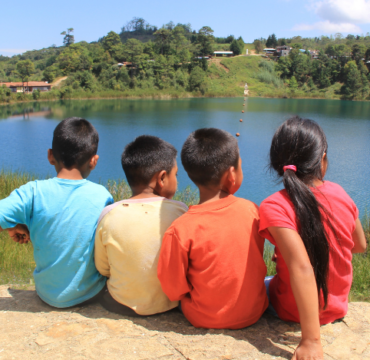
The Clean Water Project – Guatemala
October 11, 2023 by reach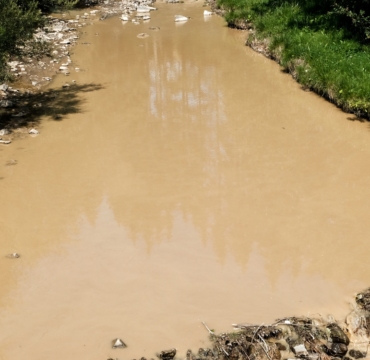
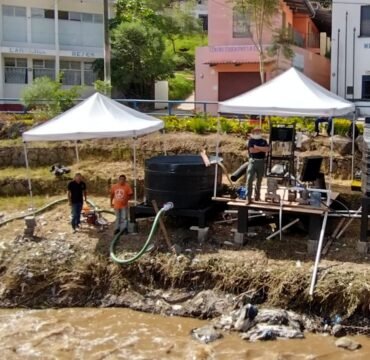
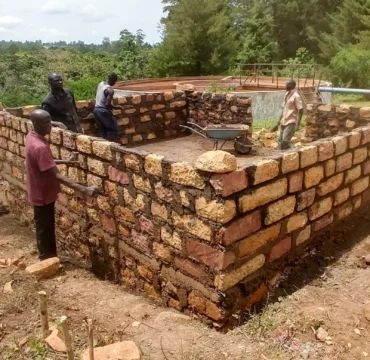
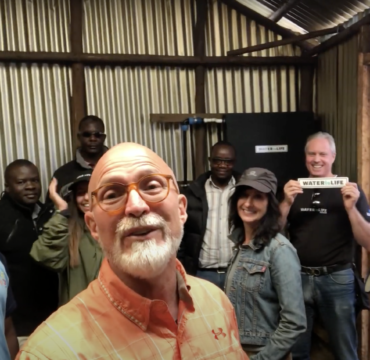
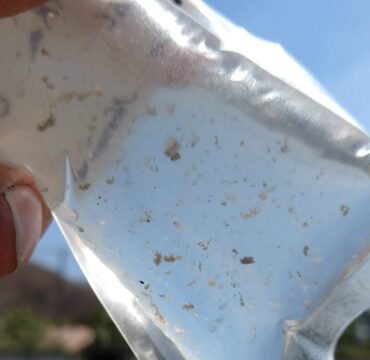
Hi Marissa!

Marissa Swanson
Joined July 2014 Hi Leo!

Leonor Souza
Joined June 2014 Hi Jo!

Josephine Lorenzen
Joined June 2014n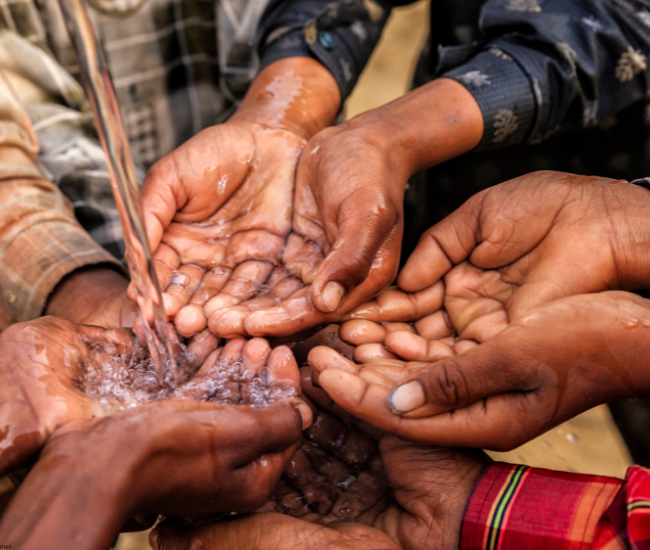
Family Engagement
Lorem ipsum dolor sit amet, consectetur adipiscing elit, sed do eiusmod tempor incididunt ut labore et dolore magna aliqua. Ut enim ad minim veniam, quis nostrud exercitation ullamco laboris nisi ut aliquip ex ea commodo consequat.
100%
Funded$0
Target-20337
Days LeftVolunteer Spotlight
Meet Jilln
u201cA few years ago, I started looking for worthwhile volunteer opportunities. I began volunteering at the downtown location in September of 2009 and the rest is history. I have met so many wonderful people and have made new friendships with other volunteers.u201dn
MAKE AN IMPACT
Many developing countries lack access to drinking water and safe water management systems. We recognize the critical importance of having access to clean water.
We appreciate your support as we continue to help solve global water inequality for those who need it most.
Contact Us
Spread the Word
Error: Contact form not found.
apply now
Be an Ambassadorn
Apply Now
Host an Eventn
Submit Your Resume
Come Work for Us
Best Ways to Reach Us
- mike@betterthings.llc
- 720-453-8253
- 6083 Nash Dr. Colorado Springs, CO 80925
Contact Us

